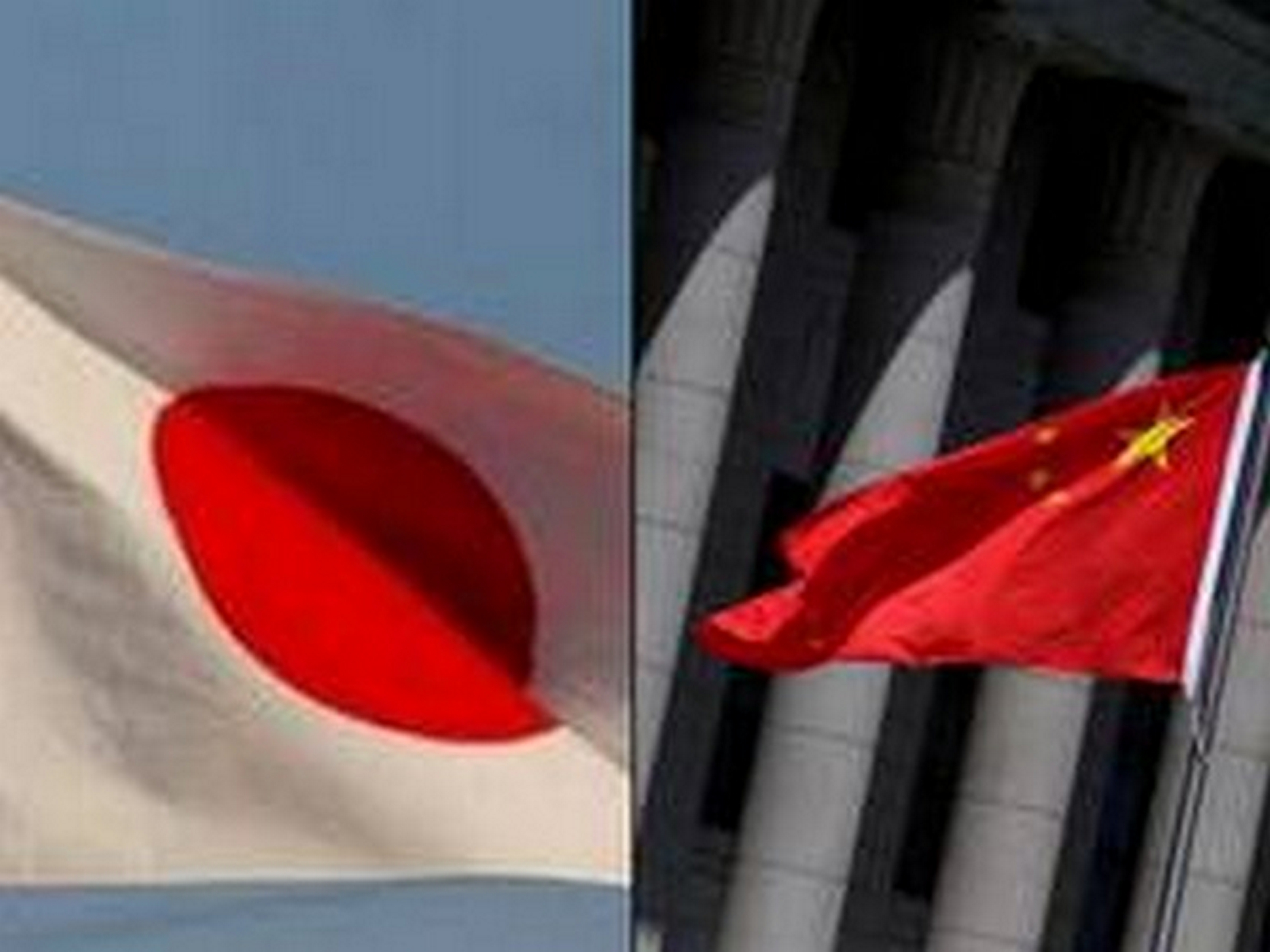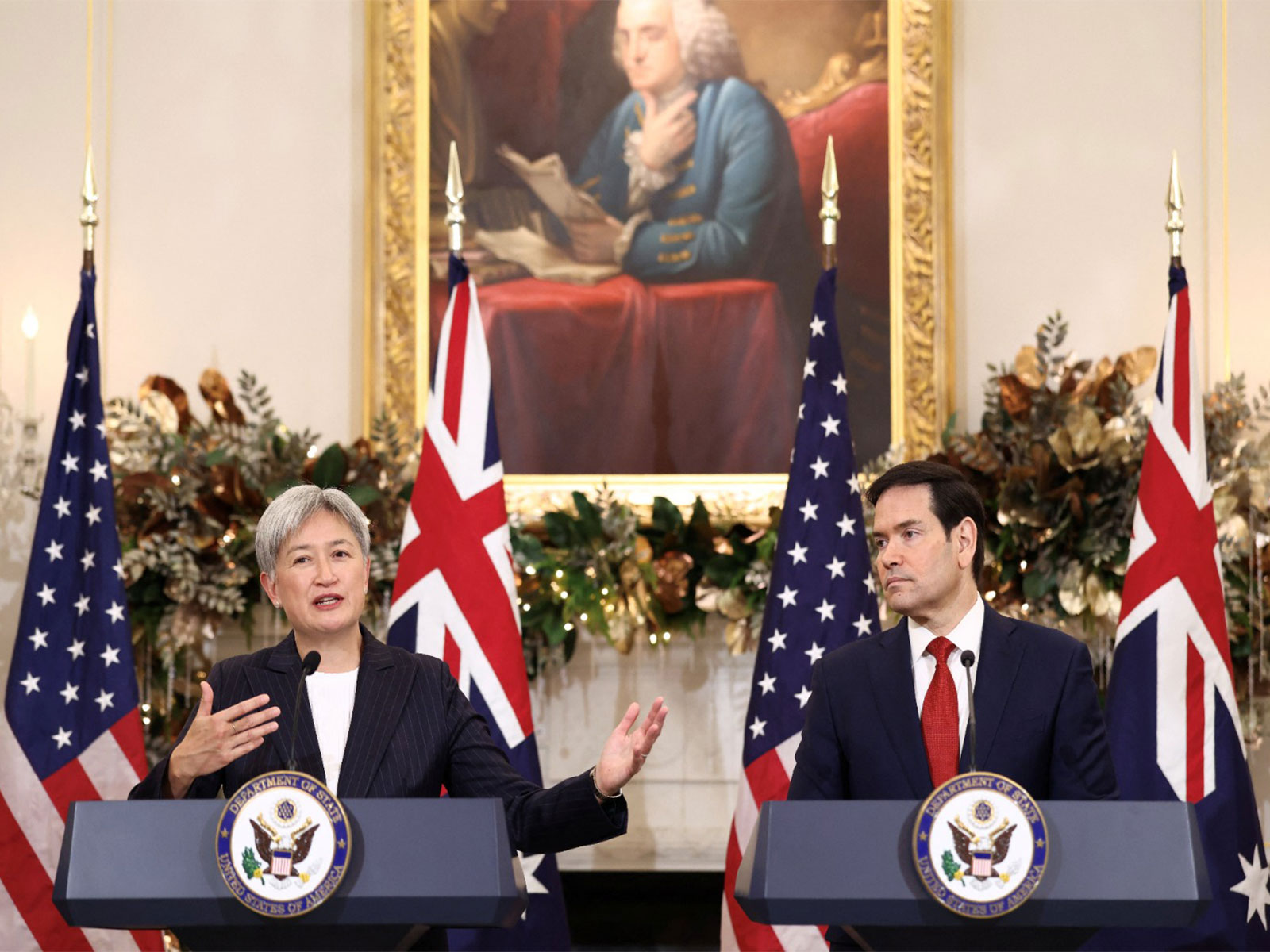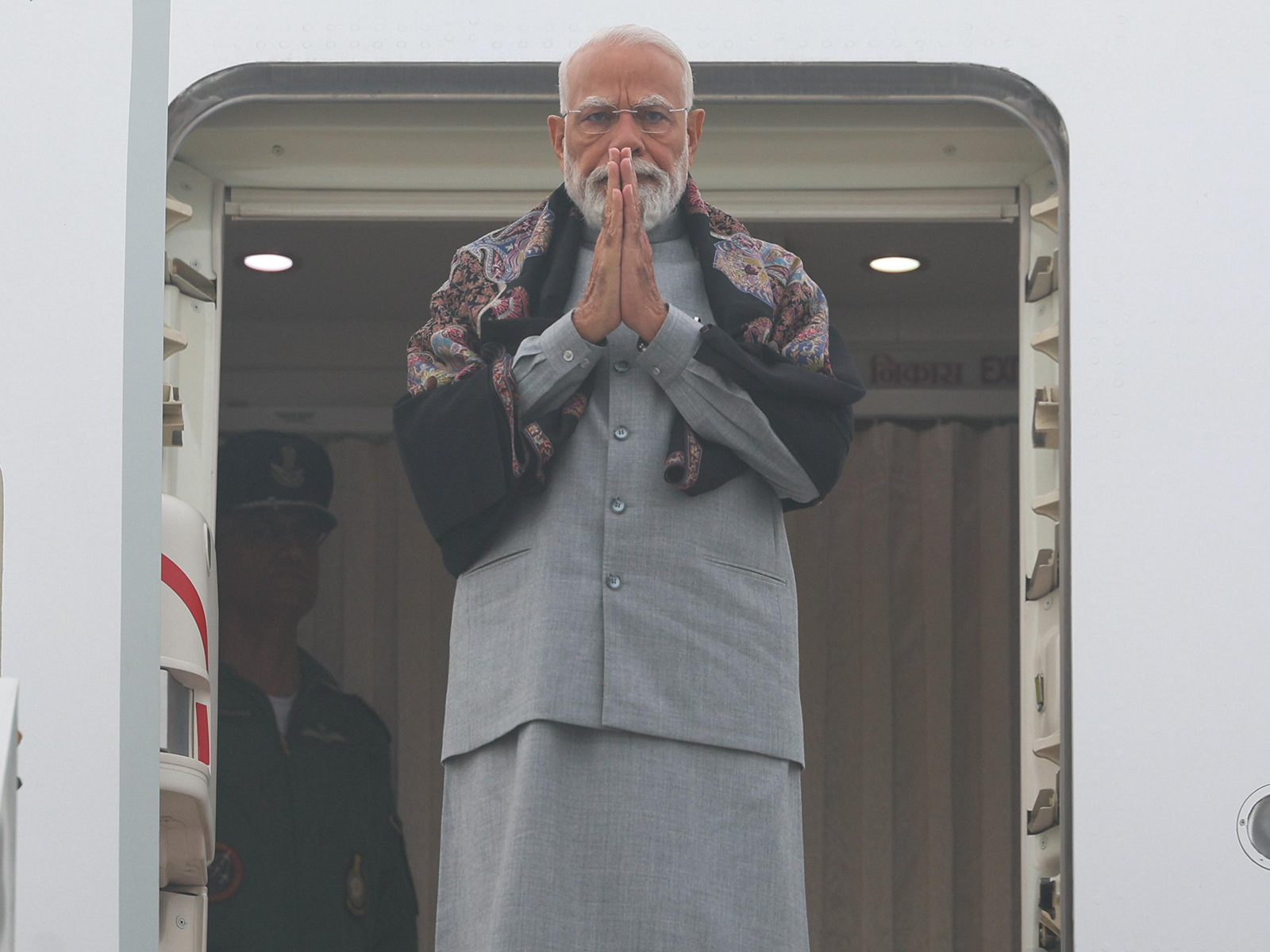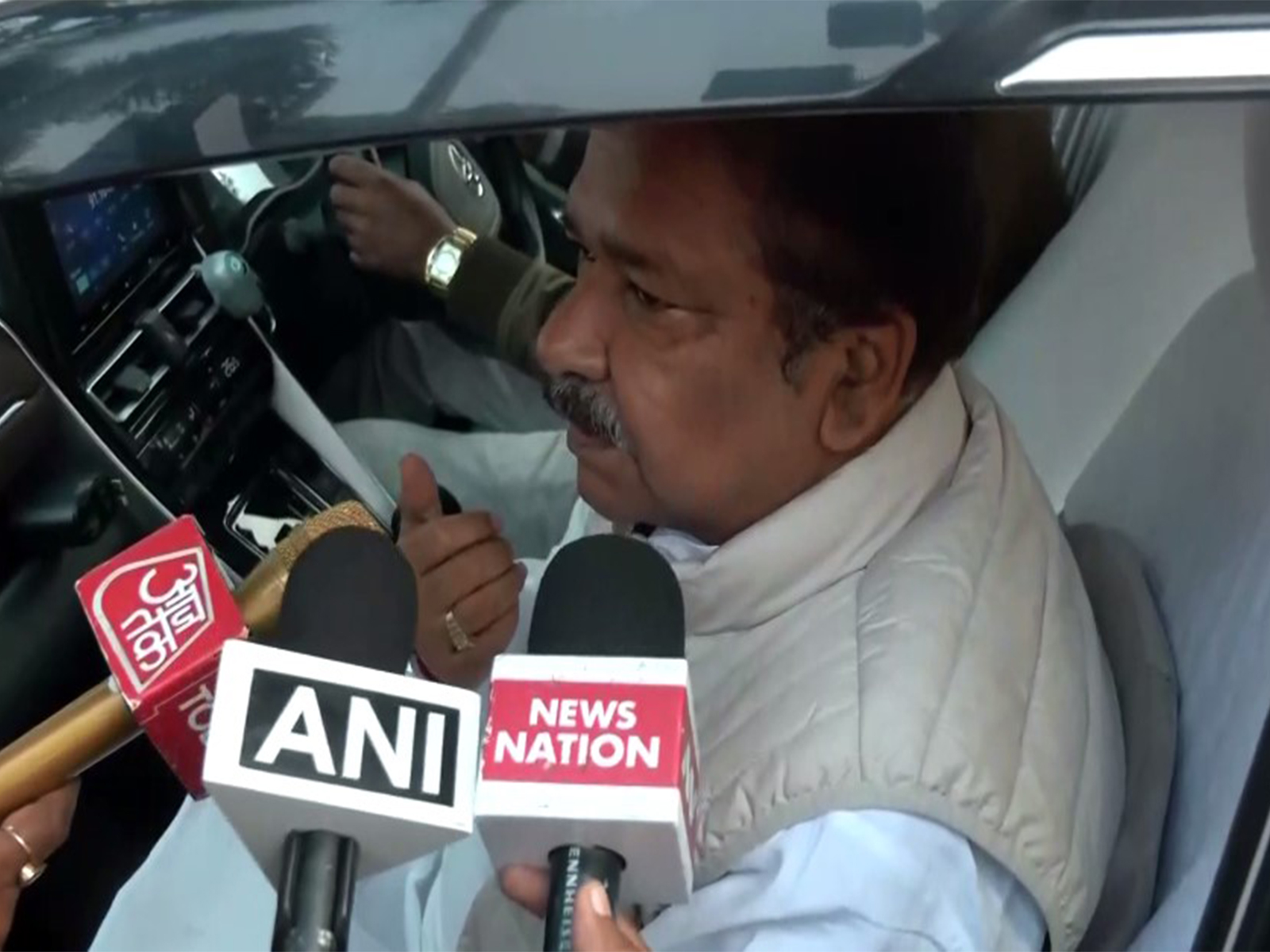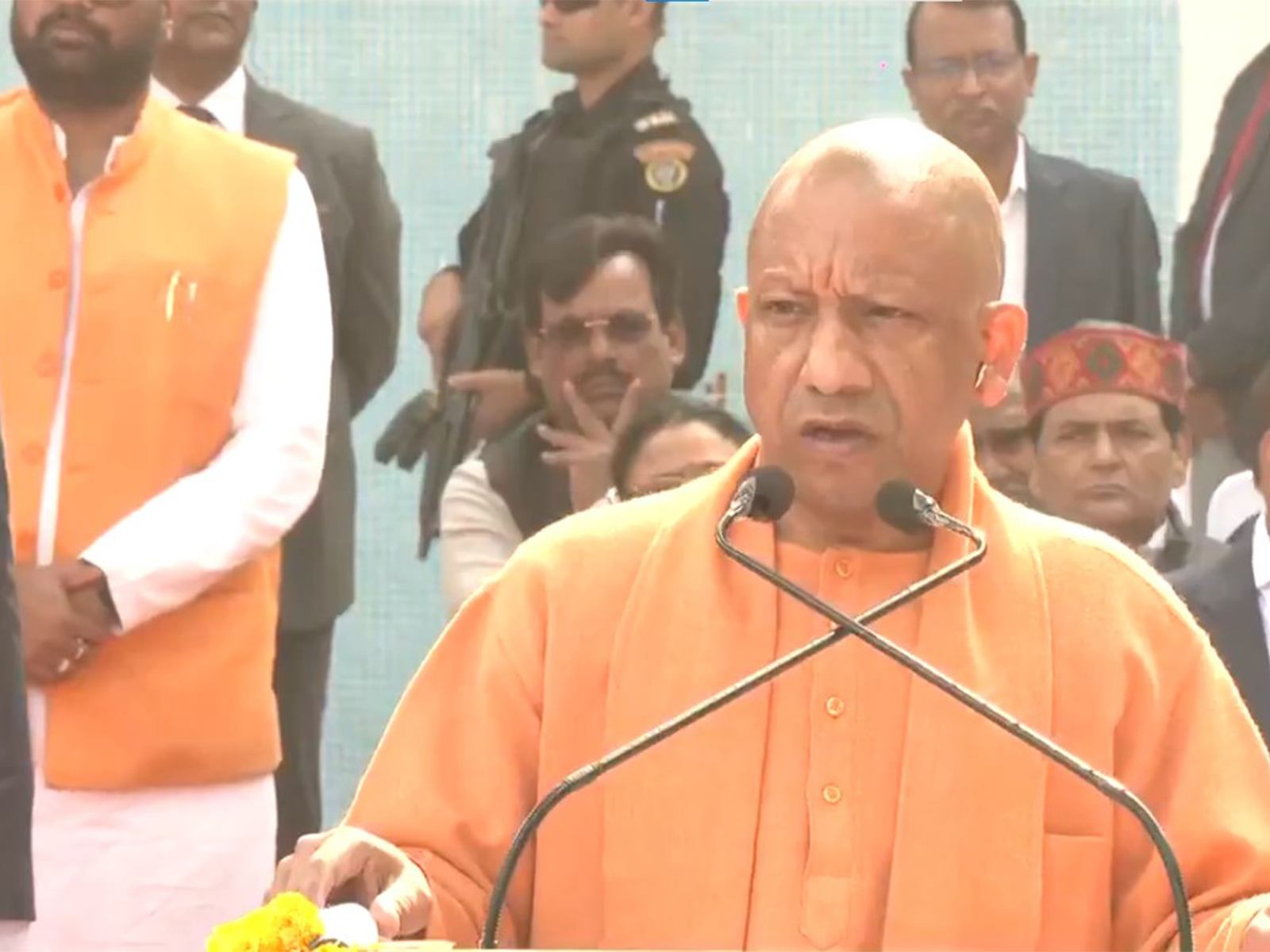Pakistan's 'mini budget' fails to solve economic woos under PM Imran Khan
Jan 01, 2022

Islamabad [Pakistan], December 31 : Pakistan's 'mini budget' or the Finance Supplementary Bill, 2021 was introduced on Thursday in the National Assembly but fails to solve the increasing problems of the people due to high inflation under Imran Khan's regime.
Though Pakistan's Finance Minister Shaukat Tarin has dismissed every suggestion of the new taxation measures being inflationary in nature, the withdrawal of the tax exemptions and the increase in the sales tax rate on a large number of goods ranging from iodised salt to pharmaceutical ingredients to baby formula milk to cars and more is going to push up headline prices going forward, according to Dawn.
However, it is argued that the inflationary impact will be somewhat milder than what was generally being anticipated.
Moreover, these fiscal actions were also required to support the recent actions taken by the State Bank in order to contain money supply in the market to rein in inflation.
Also, the passage of the bill along with the State Bank of Pakistan (SBP) Amendment Bill is one of the key conditions for the resumption of the USD 6 billion IMF funding programme that the government had ditched in April last year in order to pursue rapid growth and in the hope of the world coming to its aid after the American withdrawal from neighbouring Afghanistan, according to Dawn.
Earlier, the SBP role was first defined in the State Bank of Pakistan Act 1956. Since then, the SBP Act has been amended several times to reflect changes to economic thought globally, including advocating for an independent role of central banks. Major revisions in the SBP Act came in 1994, 1997, 2012 and 2015.
Pakistan's return to the IMF programme will open up other avenues of multilateral dollars besides leading to the immediate release of the USD 1billion tranche from the IMF and assist the country in raising funds from the international bond market to meet its foreign payment obligations in the next six months and beyond.
However, both bills have been introduced in parliament amid strong pledges from the opposition parties which have termed them anti-people and as undermining national sovereignty to resist their passage, according to Dawn.
